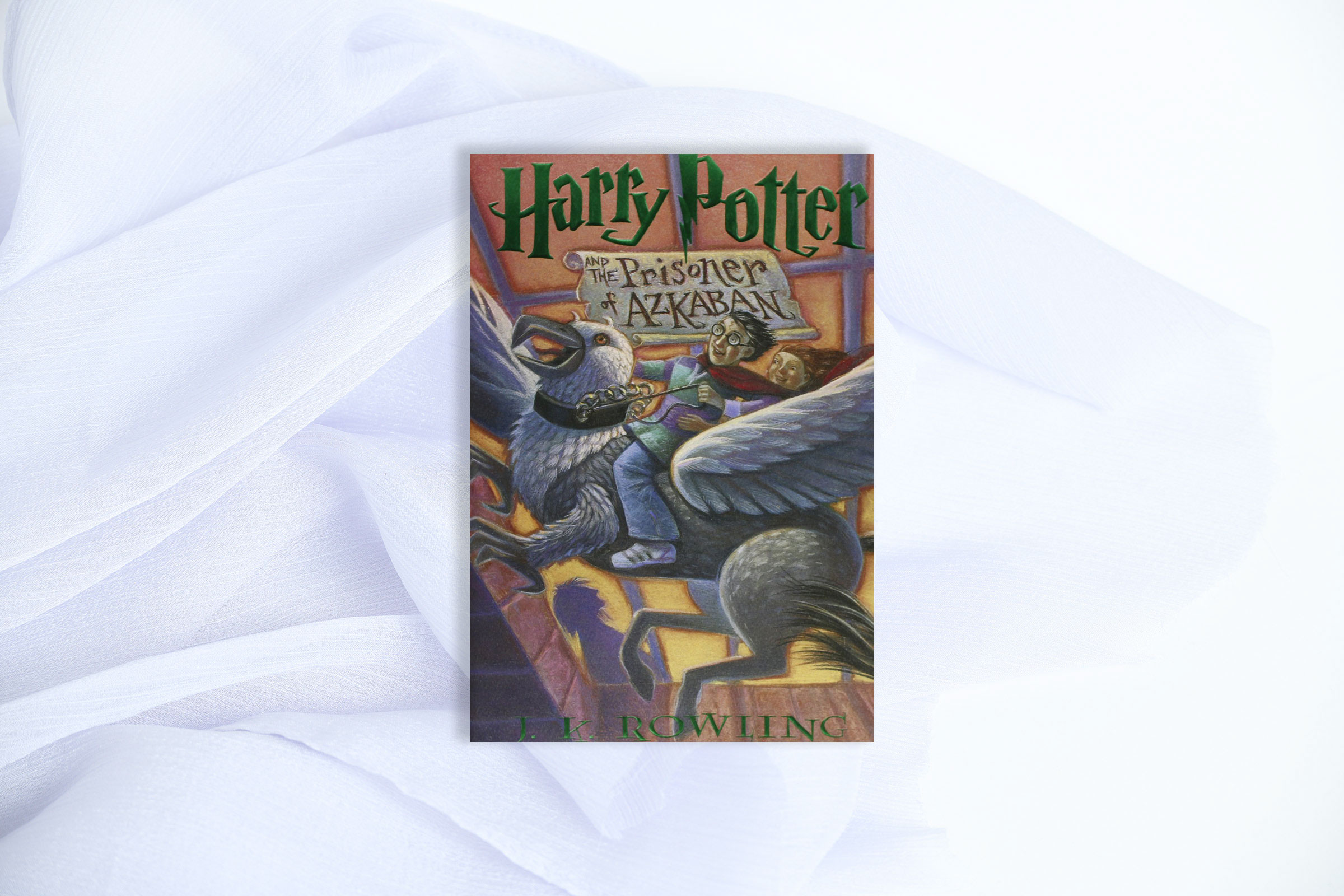“If you found anything in these stories that resonated with you and helped you at any time in your life—then that is between you and the book that you read, and it is sacred.” It was Harry Potter actor Daniel Radcliffe who wrote these words in an essay for The Trevor Project in response to comments J.K. Rowling made on Twitter suggesting that transgender women are not women. With both the legacy and future of the much-beloved Potterverse—a global phenomenon since the U.K. release of Rowling’s first novel in the summer of 1997—in question, Radcliffe was one of a number of Potter film alums who condemned Rowling’s transphobic comments. Theirs was a sentiment that many fans felt would be echoed by the actors’ wizarding world counterparts, who fought against prejudice, discrimination and intolerance in Rowling’s fictional universe. Widely revered as potentially the most sacred entry in the series is Harry Potter and the Prisoner of Azkaban, the third of seven books. It was the final book in the series to top the New York Times bestseller list before the paper created a specific children’s list in response to the series’ overwhelming popularity. In the novel, Harry and friends grapple with soul-sucking dementors, time travel and the prison escape of infamous mass-murderer Sirius Black. They also begin to turn their gaze outside the walls of Hogwarts School of Witchcraft and Wizardry toward the larger battle against injustice brewing in their world—a development that marks the shift to a noticeably darker and more mature tone in the books that follow. —Megan McCluskey
Buy Now: Harry Potter and the Prisoner of Azkaban on Bookshop | Amazon
- The 100 Most Influential People of 2024
- The Revolution of Yulia Navalnaya
- 6 Compliments That Land Every Time
- What's the Deal With the Bitcoin Halving?
- If You're Dating Right Now, You're Brave: Column
- The AI That Could Heal a Divided Internet
- Fallout Is a Brilliant Model for the Future of Video Game Adaptations
- Want Weekly Recs on What to Watch, Read, and More? Sign Up for Worth Your Time
